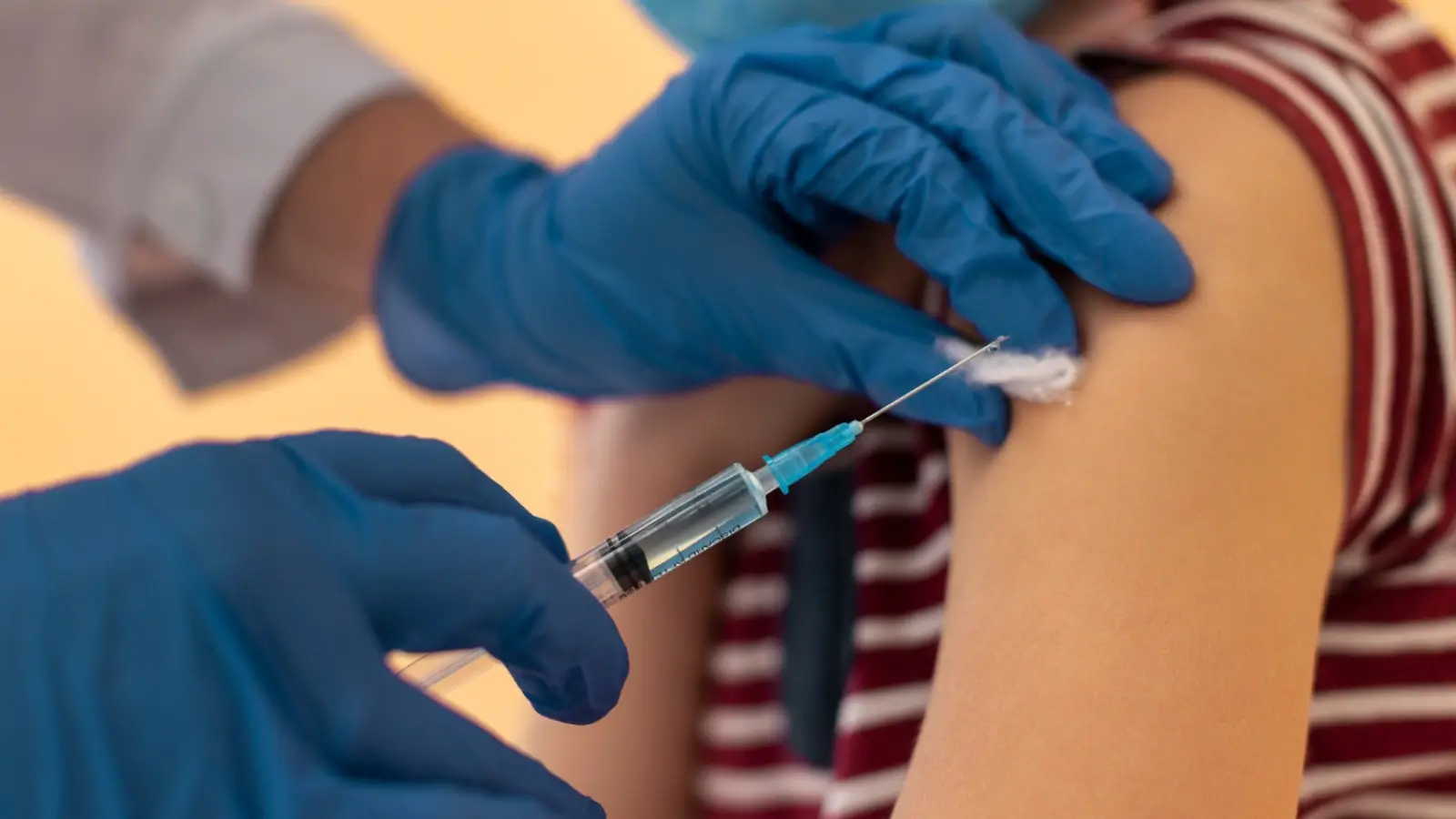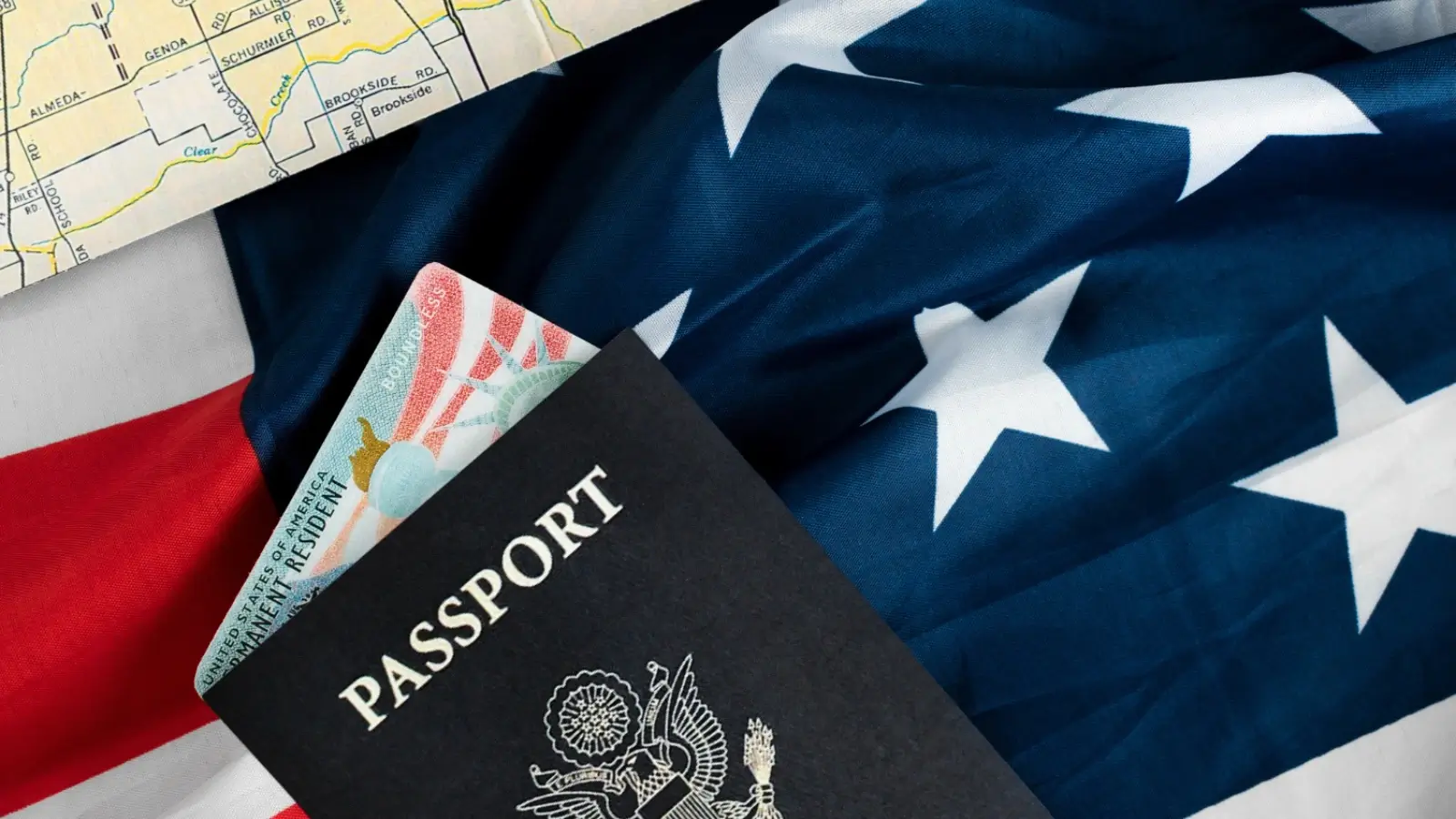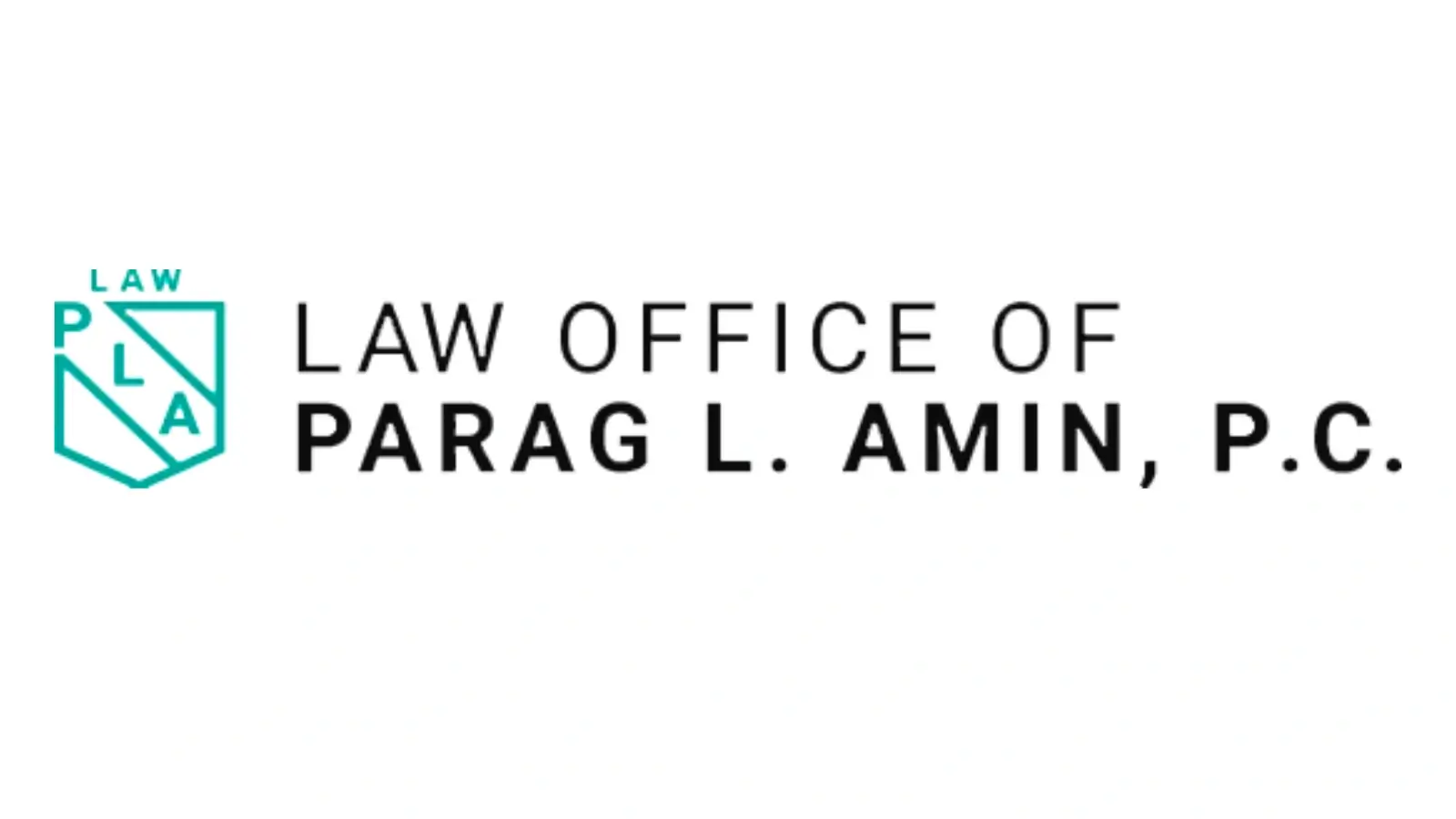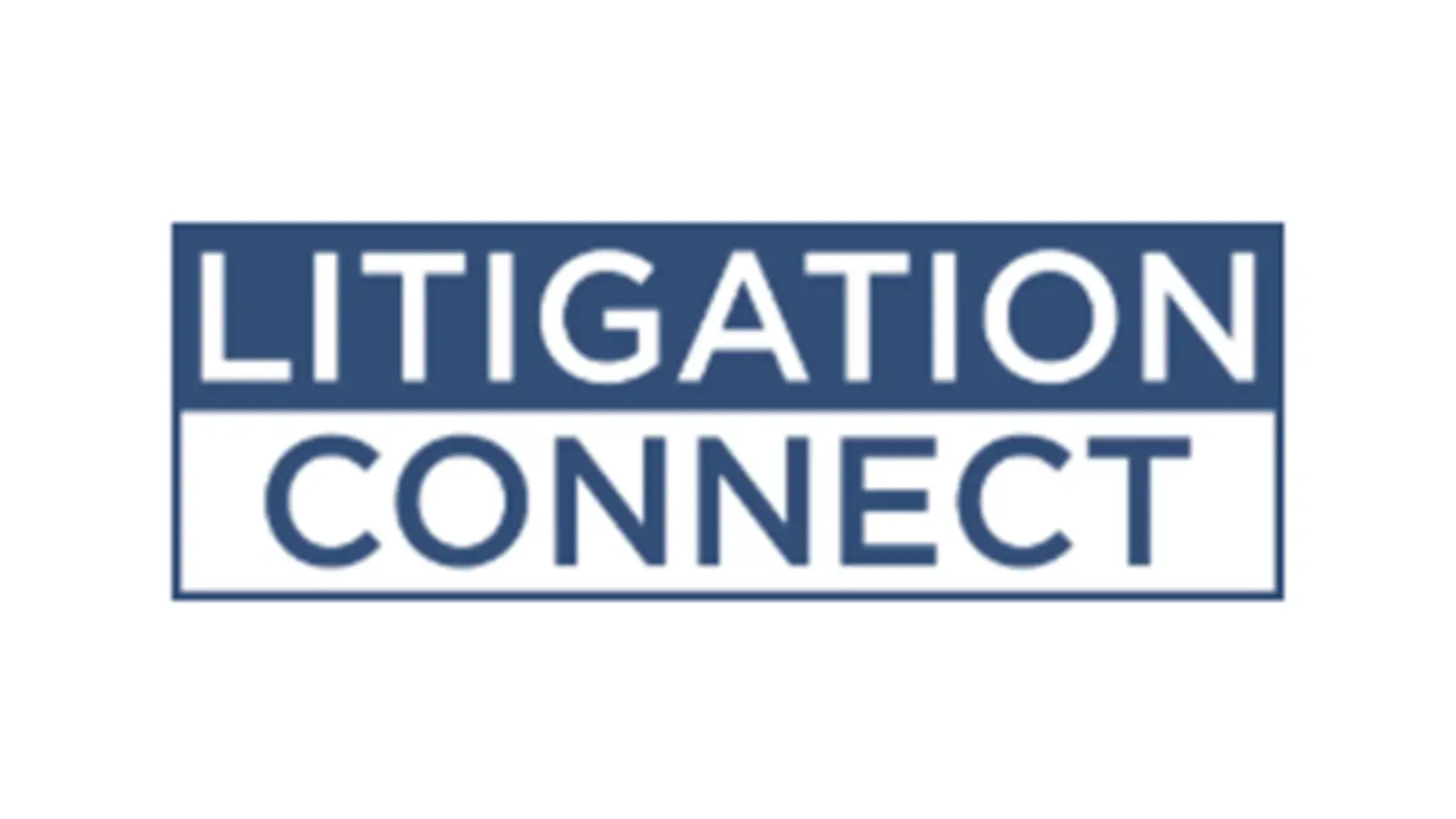Understanding Liability: What Liability Means and Entails Under the Law
— Legal liability comes in many forms—financial, contractual, product-related, and more. Learn what each type means and how to protect yourself from costly consequences.

To be liable in law means that you are responsible by action or omission for something that results in harm to another person. Liability can take different forms in a legal process which is why understanding it is key.
Liability happens if you hurt someone or their property, and once you are found liable, you will be asked to compensate the victim. Another part of the legal liability process is determining the type and amount of compensation that is due to the victim. This article discusses different types of liability, provides details on who can be liable, and also how to protect against legal liability.
What Are the Different Liability Types in Law?
Unlike the general idea of liability, there are different forms of law that are based on the nature of the transaction involved. Some notable types of legal liability include:
-
Financial Liability
If your business accumulates debts, such as unpaid invoices, loans, or credit cards; you become liable for those debts until they are paid. If you do not repay on time, creditors can take legal action against you to get what they are owed. This could lead to property seizures, which might, in turn, damage your business’ image.
-
Contractual Liability
When you sign a contract with a company or an individual, you become liable to fulfill the terms and conditions outlined in the contract you have agreed to. Such a contract will include your responsibilities and what is expected of you within the boundaries of the contract. However, if you do not fulfill these terms and conditions, there might be severe legal actions against you as a result of a breach of contract.
-
Product Liability
If you sell or manufacture products, consumable or not, it is your responsibility to ensure that your products are safe for consumption or usage. If one or more of your products cause harm or is a threat, you may be liable for damages arising from such.
-
Strict Liability
This is a type of tort liability that is enacted upon an individual or group whether they act negligently or wrongfully. The person or entity becomes liable when they are responsible for a loss.
For instance, if a person owns a pitbull (a type of dog breed known to protect its owner and territory fiercely), and the dog bites someone else, irrespective of whether the dog owner was present or absent when the incident happened, they are liable to pay for damages. Compensation, in this case, varies because the victim can demand that the dog be neutralized, pay for hospital bills, or both.
-
Premises Liability
Premises liability law is majorly based on negligence, and its claim must be backed by evidence that the plaintiff was truly hurt by the defendant’s products or management. For instance, you have damaged asphalt with large potholes, and your visitor’s car got damaged as a result. You did not cause the damage directly, but you are expected to make your property safe for visitors.
Can Multiple People Be Liable for an Act or Omission?
Yes, a group of people can be liable based on the level of their involvement. For instance, when two or more people are involved in an accident and are responsible for the death of someone. The group of people involved, are jointly liable and are jointly responsible for compensation, which is dependent on California’s law.
Conclusion
“Knowing the different liability types is not enough, it is also good to know the major ways to protect yourself from them as they can be expensive,” says Attorney Jimin Oh of Solution Now Law Firm. Insurance policies from a reputable firm and the retaining of a legal counsel are some of the ways you can avoid liability and protect your interest when your actions or inactions open you to possible liability.




















